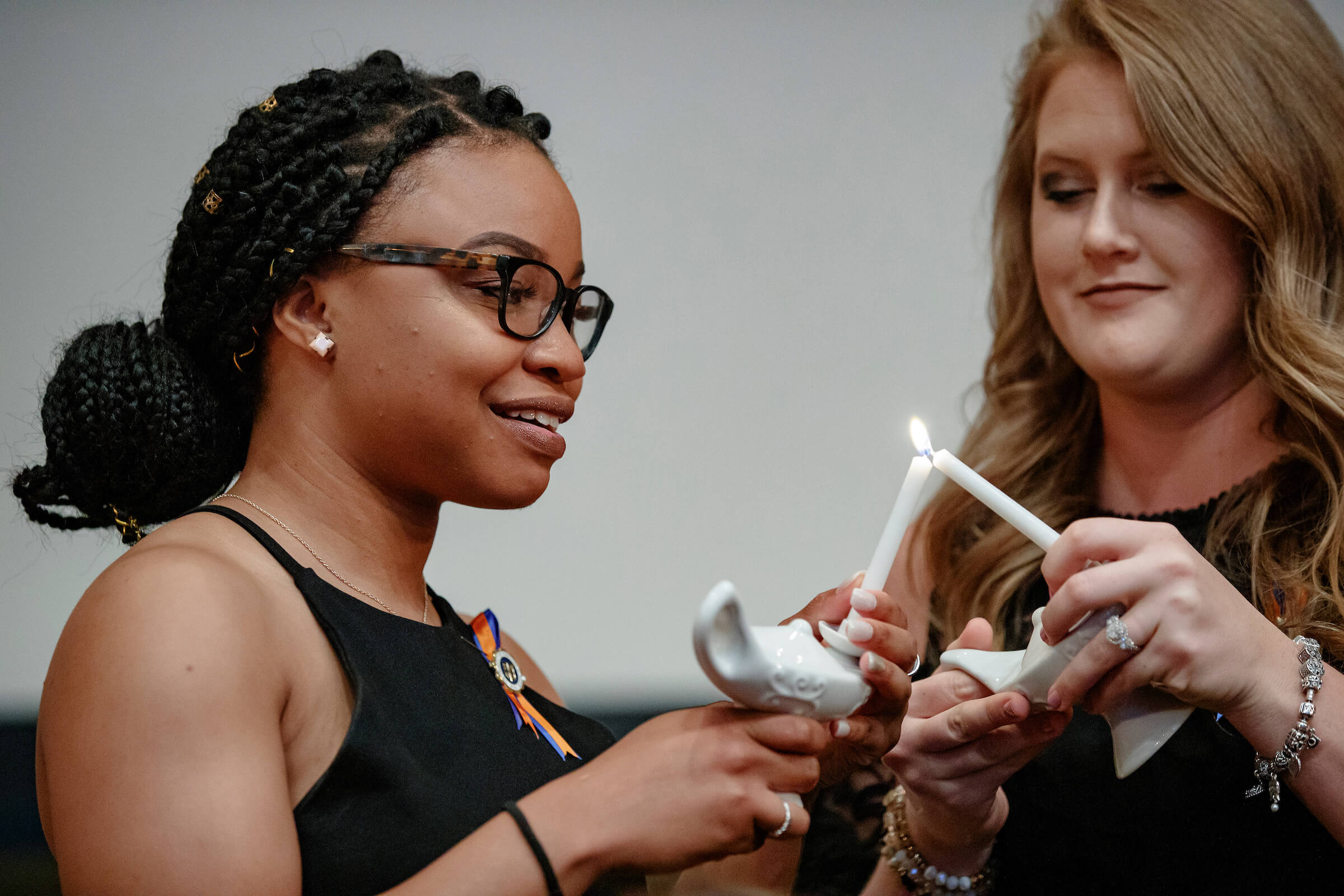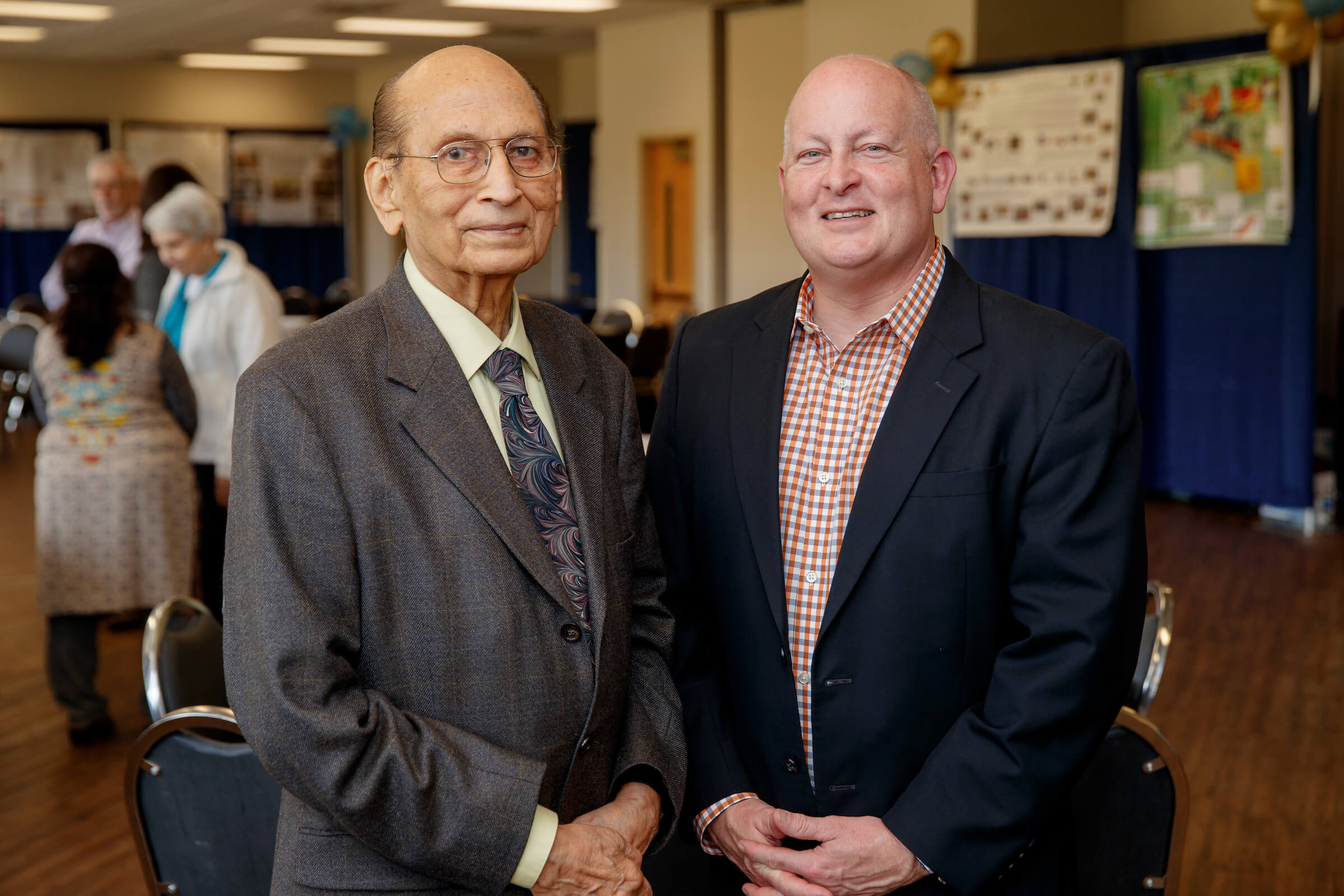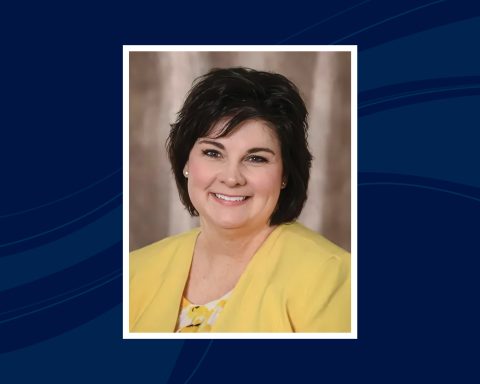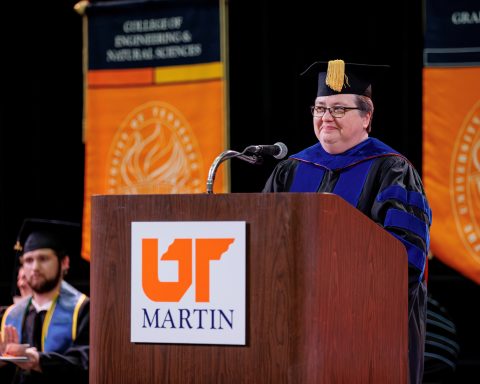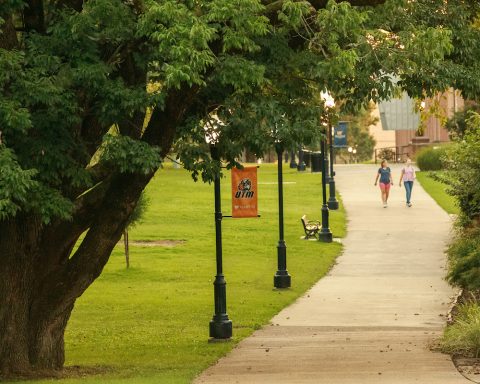“There are approximately three million nurses in the United States, but only 9.9 percent are African American,” said Ajia Graham, who graduated from the University of Tennessee at Martin with a Bachelor of Science in Nursing degree during the university’s spring commencement exercises May 4. Graham, of Memphis, plans to focus her skills in the area of obstetrics and be a voice for those women who may not be able to advocate for themselves.
“African American women have a higher incidence of postpartum depression and maternal mortality 24 hours after giving birth (than Caucasian women). For every 13 white women who die of childbirth-related issues, 44 black women (die),” said Graham. “That hit me close to the heart because I want to go into OB, and I want to be an advocate. There are so many stereotypes about how black women have a higher pain threshold or how we just complain. I know a lot of (black women) who are afraid and intimidated to go to the doctor because they feel like they’re going to be experimented on or they’re going to die.”
Graham knows her experience with the UT Martin nursing program has prepared her to be that voice of support. While the program is challenging, it is designed to produce the best possible health-care professionals, and Graham says the program is successful for a reason.
“(Our faculty members) are always making sure we have all our stuff together and challenging us to think and picking our brains to make sure that we know that we know. They push us,” she said. “Do not study for a grade. Study like you’re going to save someone’s life, because you will be the deciding factor one day (between) life and death for one person. It’s scary to think like that, but if you’re only studying to pass, and you’re not studying to know it like you’re potentially going to save someone, then you’re not going to be good nurse.”
Graham also says the UT Martin nursing faculty create a vital support system for students involved in the program.
“I went through a lot my last two years of nursing school, and I thought I wasn’t going to make it (to graduation),” she said. “They sat down with me and really helped me and told me that I’m going to make it. … I feel like we do have teachers here that really do love you and care for you, and they’re going to work really hard with you so that you can be successful.”
Graham sees herself as a leader among nursing students of color, and she wants to encourage those coming behind her to continue the fight.
“I originated from one of the poorest parts of Memphis, and now I am (graduating) from the second most renowned nursing school in Tennessee. It hasn’t been easy at all, but it feels so good when other black students tell me that I am leading as an example and giving them hope,” she said. “I don’t want to be an exception to the rule. … I’m no different from any other person of color. We are all capable and more than qualified. … I want to see more people of color be great, because 9.9 percent out of three million nurses in American is not enough. It’s not enough. We need more people who look like us to advocate for us, because no one else will if we don’t.”
###

